Investigator Team
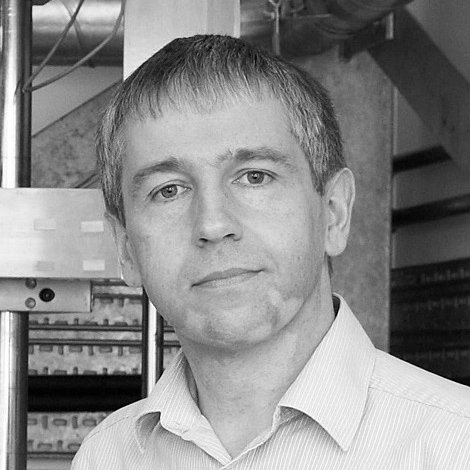
Tim Birks
Optical Fibre Technology Theme Lead
Professor of Physics at the University of Bath
More about Tim
Tim’s research interests focus on understanding light propagation in optical fibres.
Tim is best known for pioneering research on photonic crystal fibres, with a current focus on fibres with hollow cores. He has also made key contributions to the development of photonic devices based on tapered fibres, including the photonic lantern. His research is driven by curiosity, and also by applications in telecommunication, astronomical instrumentation and healthcare technology. He is inventor or co-inventor of 25 granted US and European patents, was elected Fellow of the Optical Society of America in 2007, and was jointly awarded the 2018 Rank Prize for Optoelectronics.
Tim is the MicroTex Hub’s Theme Lead on Optical Fibre Technology, and he manages its research activities at the University of Bath.
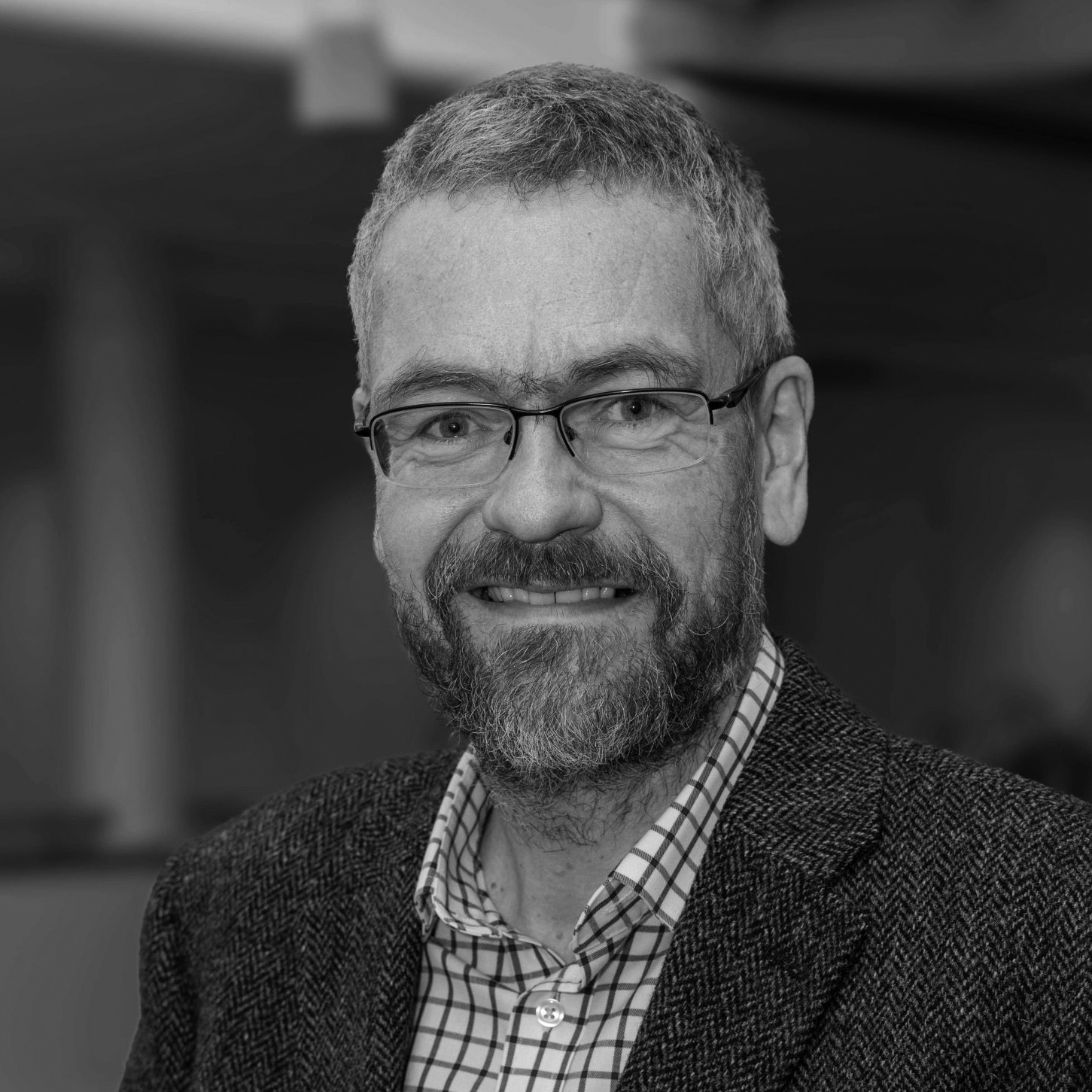
Duncan Hand
Co-Investigator
Professor of applied photonics at Heriot-Watt University
More about Duncan
Duncan leads research activity on applications of high-power lasers, with a focus on both manufacturing and medical devices.
Duncan has been at Heriot-Watt University since 1991, following his PhD studies at the University of Southampton. He leads research activity in applications of high-power lasers, particularly in manufacturing, with additional work on optical sensing, and also on surgical applications of lasers. He is currently leading a suite of projects funded by EPSRC, Scottish Enterprise and industry. His manufacturing research encompasses micro-welding, surface modification, surface patterning, engraving, and micro-machining, covering a range of applications areas from electric vehicle batteries to miniature medical devices. He is Director of the £12M, 5-university Medical Device Manufacturing Centre www.mdmc.ac.uk. In addition to his research interests Duncan has held may leadership roles in the university and is currently Assistant Vice Principal for Research and Impact.
A keen cyclist, he normally commutes by bike to work and is often out cycling in the local countryside at weekends.
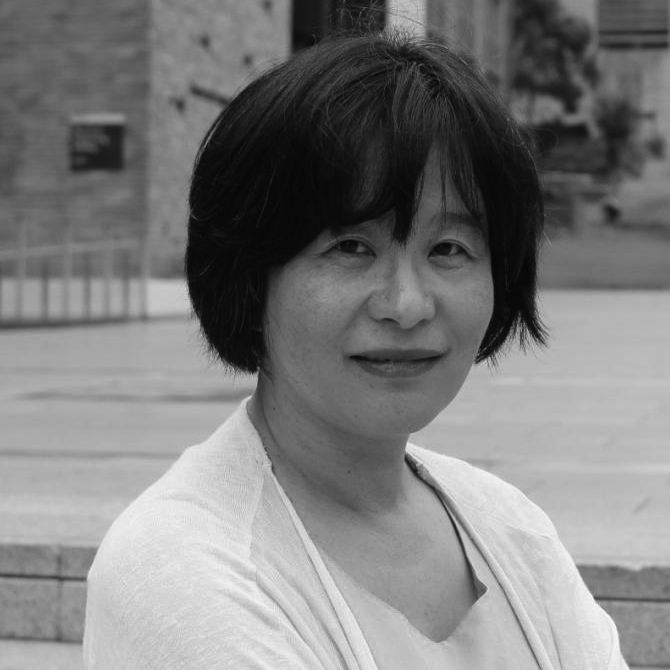
Guangzhao Mao
Associated Investigator
Professor of Materials Engineering and Head of the School of Engineering, The University of Edinburgh
More about Guangzhao
As Head of the School of Engineering at the University of Edinburgh, Guangzhao spearheads cutting-edge research that bridges engineering and medicine, unlocking groundbreaking possibilities in drug delivery and nanoscale material applications.
Guangzhao is a leading innovator in nanotechnology and materials engineering, shaping the future of nanomedicine and advanced sensor systems. Her pioneering research focuses on two transformative areas, electrocrystallization & nanosensors and nanotechnology & neuroscience.
Previously, Professor Mao led as Head of the School of Chemical Engineering at UNSW Sydney, where she continues as an Adjunct Professor. Her global influence is reflected in many prestigious accolades, including Fulbright Senior Scholarship, Visiting Professorship at the Max Planck Institute of Colloids and Interfaces, Fellow of the American Institute of Chemical Engineers (AIChE), and Career Award from the U.S. National Science Foundation. With an impressive track record of driving scientific innovation, Professor Mao continues to push the boundaries of chemical & materials engineering, shaping the next generation of engineering solutions with real-world impact.
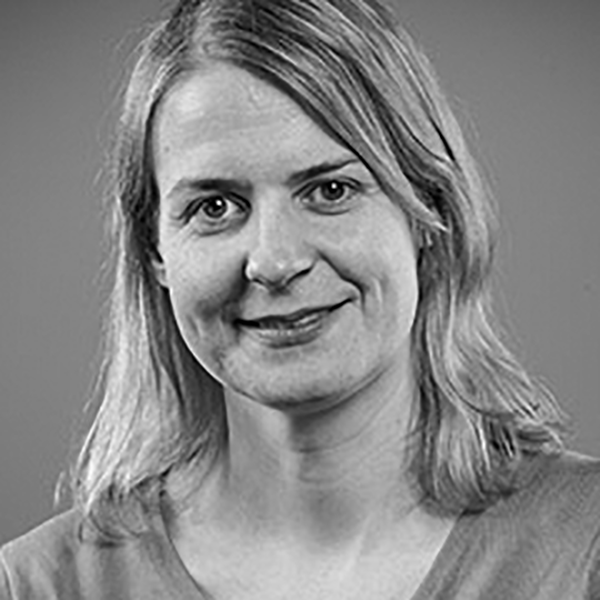
Lynn Paterson
Co-Investigator
Associate Professor of Biophotonics at Heriot Watt University
More about Lynn
Lynn’s research interests are at the interface of physics, engineering, and the biomedical life sciences with a particular interest in optical trapping.
Lynn works within Heriot Watt University’s Institute of Biological Chemistry, Biophysics and Bioengineering, in the School of Engineering and Physical Sciences. Her main interest is concerned with optical trapping and manipulation (a topic linked to the Nobel Prize in Physics of 2018) used to investigate physical properties of biological systems and enable a variety of experiments at the microscale.
In general, Lynn is interested in the interaction between light and microscopic matter for applications ranging from soft matter systems to fundamental cell biology to clinical applications. She is also interested in using nanoparticles as probes and biosensors in biological samples, developing and using microfluidic systems to enable new experiments, and in spectroscopic studies of cells and tissue samples.
Lynn’s Biophotonics research group has previously developed optofluidic devices and optical tweezers hardware and software for improved isolation, sorting, culture & screening of marine microbes for biodiscovery, used by collaborators in the UK and overseas to isolate cells at culture collection sites. Lynn was co-investigator on an MRC Discovery Award ‘Genomics & Microfluidics: Taking Cell Biology into the Era of Big Data’ applying optofluidic technologies to single cell analysis and is currently co-investigator on the project U-care: exploiting UV laser sources to address the global healthcare challenge of anti-microbial resistance.
Lynn’s expertise in integrating optical components with microfluidics, and performing manipulation, spectroscopy and sensing within microfluidic channels will be used in the MicroTex Partnership hub where the technologies to enable crucial experimental medicine in patients will be advanced to more rapidly treat infection and inflammation.
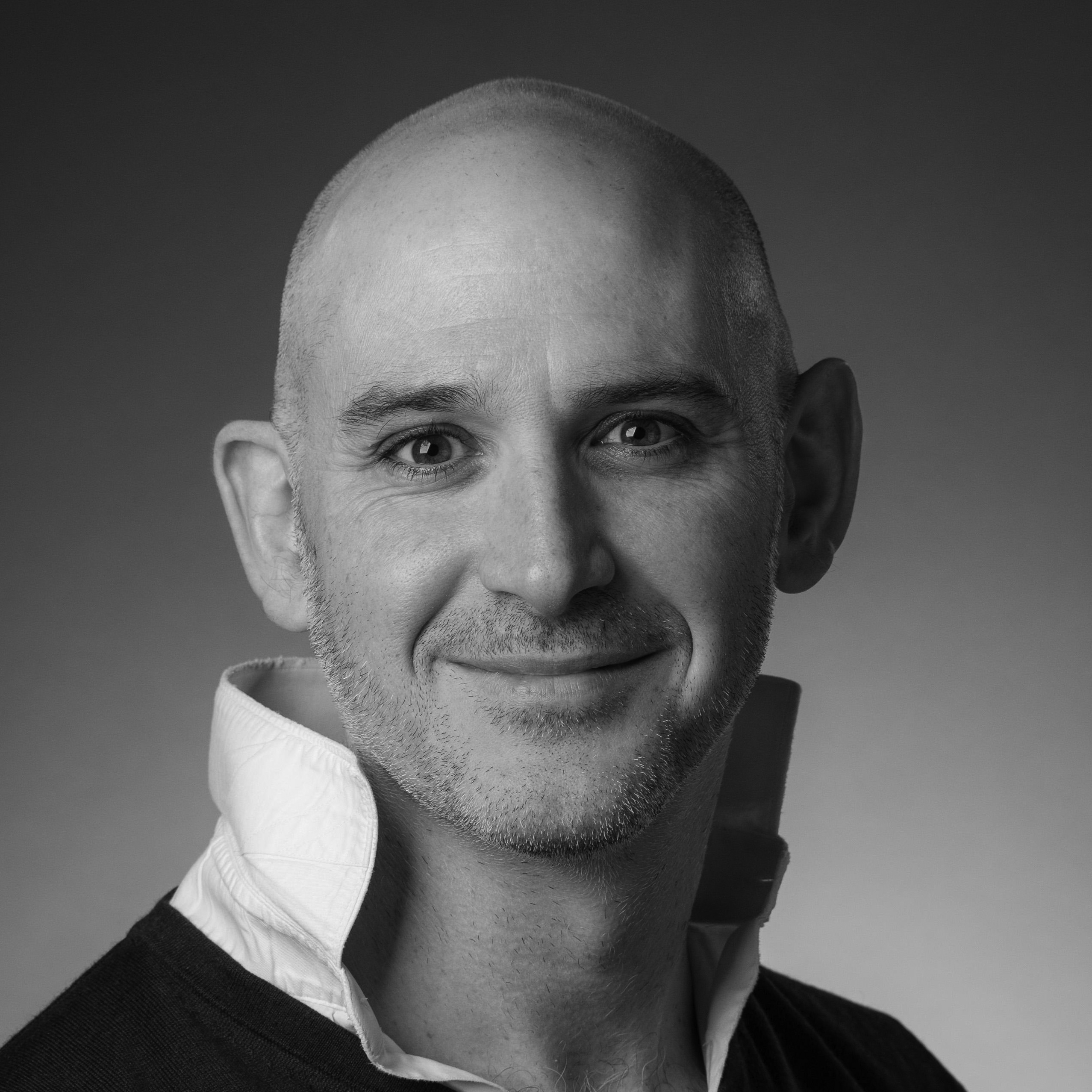
Jim Stone
Associated Investigator
Reader at the University of Bath
More about Jim
Jim develops optical fibres and endoscopic medical devices.
Jim is a Reader at the University of Bath, where his research focus is on developing new optical fibres particularly for use in healthcare. He has always been motivated by translation and impact and now spends the majority of his time working for the spinout company, Prothea Technologies, where he is a founder and CTO.
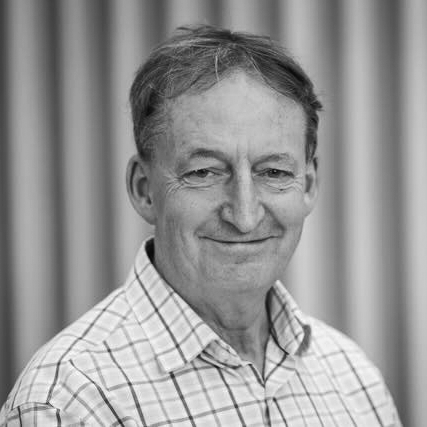
Ian Underwood
Project Lead
Professor of Electronic Displays at The University of Edinburgh
More about Ian
Ian Underwood is an award-winning researcher, innovator and entrepreneur. He is a Fellow of the Royal Academy of Engineering and the Royal Society of Edinburgh.
Ian co-founded MicroEmissive Displays in 1998 and PureLIFI in 2012 and has supported the formation or growth of many more start-up/spin-out companies. He is a mentor at the Enterprise Hub of the Royal Academy of Engineering.
From research roots in visual displays and photonics, his research interests have expanded in two directions – technologically into miniature sensors deployed across a range of applications and generically towards broader and deeper inter-disciplinarity in topics and themes.
He has become a proponent of inter-disciplinary doctoral research training, initially as Assistant Director of the EPSRC Centre for Doctoral Training in Integrative Sensing and Measurement (CDT-ISM, 2014 to 2022) and, since 2021, as Director of the pioneering ACRC Academy within the Advanced Care Research Centre, funded by Legal and General plc.
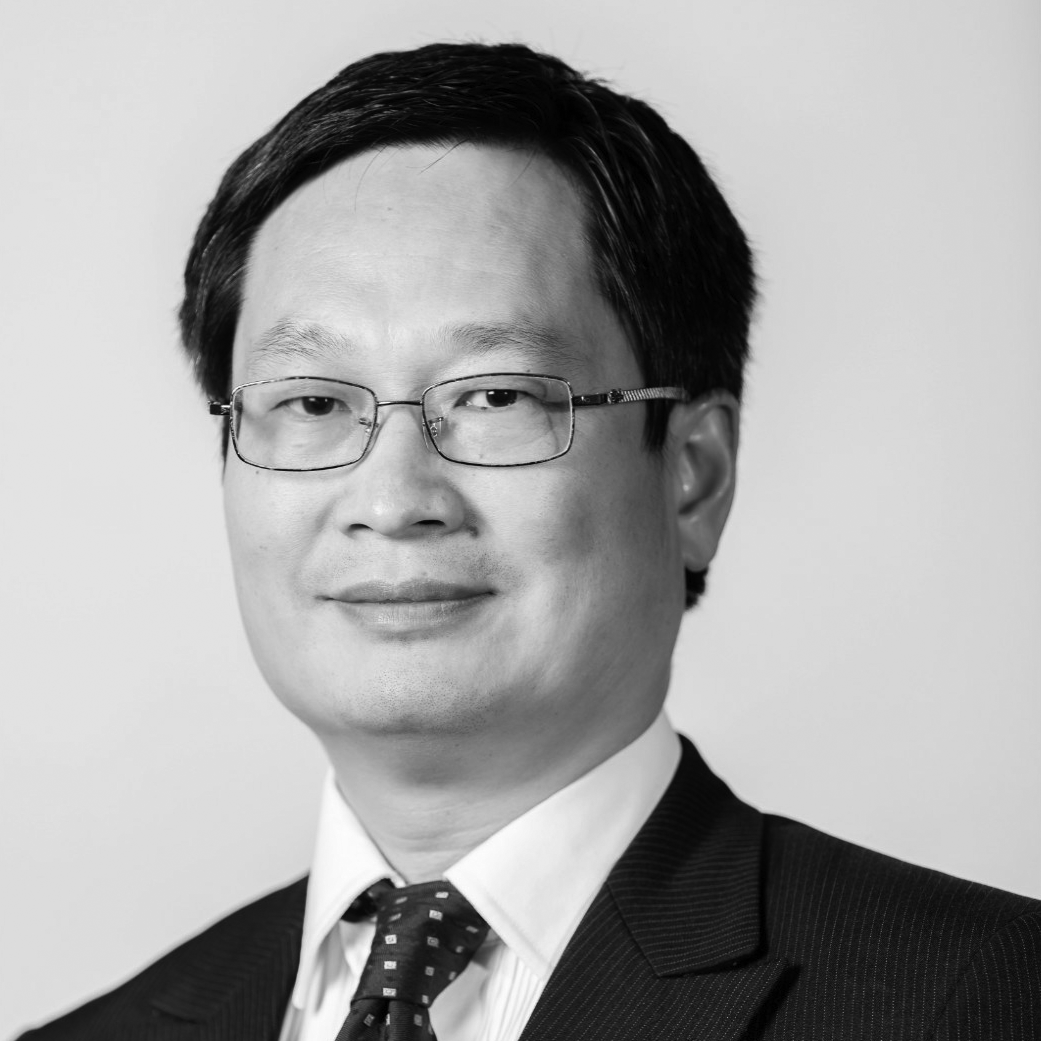
Michael Chen
Co-Investigator
Professor of Therapeutic Engineering at The University of Edinburgh
More about Michael
Michael’s research is focused on biomaterials, biomedical engineering, biophysics, and the application of nanomaterials in biology and medicine.
Michael is based in the School of Engineering at The University of Edinburgh and within his areas of interest, he has been working on physical (microneedle & nanoneedle arrays) and chemical (nanomaterials) for drug delivery and sensing, as well as microfluidic devices for biomedical applications.
He has published >130 papers in peer-reviewed journals including Nature Communications, Advanced Materials, Angewandte Chemie International Edition, Advanced Functional Materials, Small, Advanced Healthcare Materials, Journal of the American Chemical Society, Nano Letters, ACS Nano, Biomaterials, Journal of Controlled Release, Advanced Drug Delivery Reviews, and Chemical Society Reviews. These publications generated an h-index of 59 and >9000 citations. Additionally, Michael has 3 book chapters and 12 granted patents & 15 patent applications in drug delivery technologies in major countries and regions, mostly in the USA and Europe. His research output has attracted broad media coverage including TV, newspapers, internet websites, journal cover, and journal cover stories. Michael has been repeatedly listed among the World’s Top 2% Scientists for Career Impact, as well as among the Best Materials Science Scientists in Research.com.
Michael’s research has been supported by grants from MRC (nanomedicine), ESRC (sing-cell analysis), EPSRC (Phase 0 clinical trial tool development), industry (hydrogel, nanomedicine, antibacterial coatings), Cancer Research UK (biosensor), the Royal Society (microfluidic nanomedicine synthesis), and the Royal Society of Edinburgh (nanomedicine, biosensor).
For scientific community service, Michael serves as a reviewer for many fields’ top journals such as Science Robotics, Nature Communications, Science Advances, Advanced Materials, Small, Advanced Healthcare Materials, Journal of the American Chemical Society, ACS Nano, Nano Letters, ACS Applied Materials & Interfaces, Journal of Controlled Release, Biomaterials, Advanced Drug Delivery Reviews, and grant proposals from different research councils in the UK (e.g., EPSRC, BBSRC, MRC, CRUK, and Royal Society) and a number of other countries. He is also an associate editor of IET Nanobiotechnology and an editorial board member of Sensors, Bioengineering, and Journal of Functional Biomaterials.
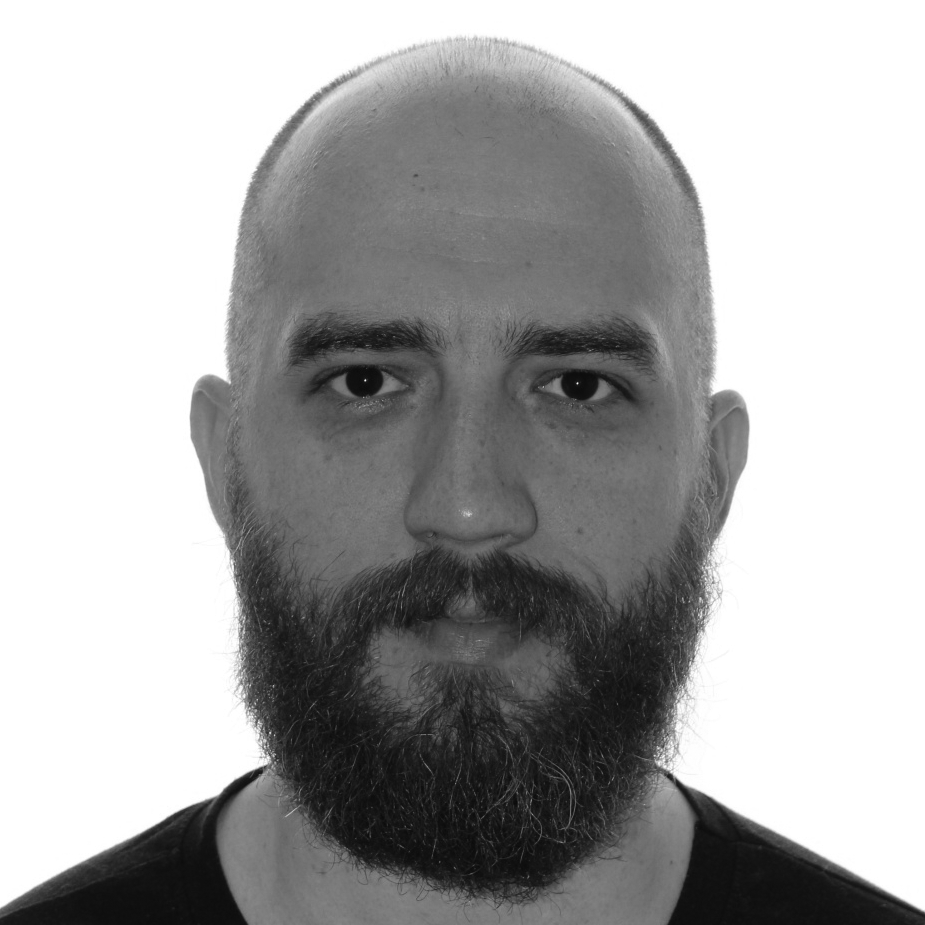
Mohsen Khadem
Co-Investigator
Reader in Robotics at The University of Edinburgh
More about Mohsen
Mohsen’s Surgical and Interventional Robotics Group develop therapeutic and diagnostic robotic instruments for a wide range of medical applications
Mohsen is a UKRI Future Leaders Fellow and Reader in Robotics at the School of Informatics, University of Edinburgh. His research focuses on continuum robotics with primary application in surgical and interventional robotics, areas that are transforming healthcare by enabling more precise and minimally invasive procedures.
Collaborating closely with scientists, researchers, biologists, and engineers, Mohsen works to enhance current treatment and diagnostic methods. In partnership with end-users and clinical collaborators, his team identify the best devices and theoretical approaches to address specific clinical problems. This often involves developing new robot designs, advanced sensors, innovative mechatronic components, and novel algorithms. Mohsen’s group aims to improve surgical accuracy by combining image guidance with advanced control strategies. The group’s main research topics include continuum robotics, surgical robotics and image-guided therapies, computer vision and medical image processing, mechanics-based modelling and simulation, and applications of control theory in robotics.
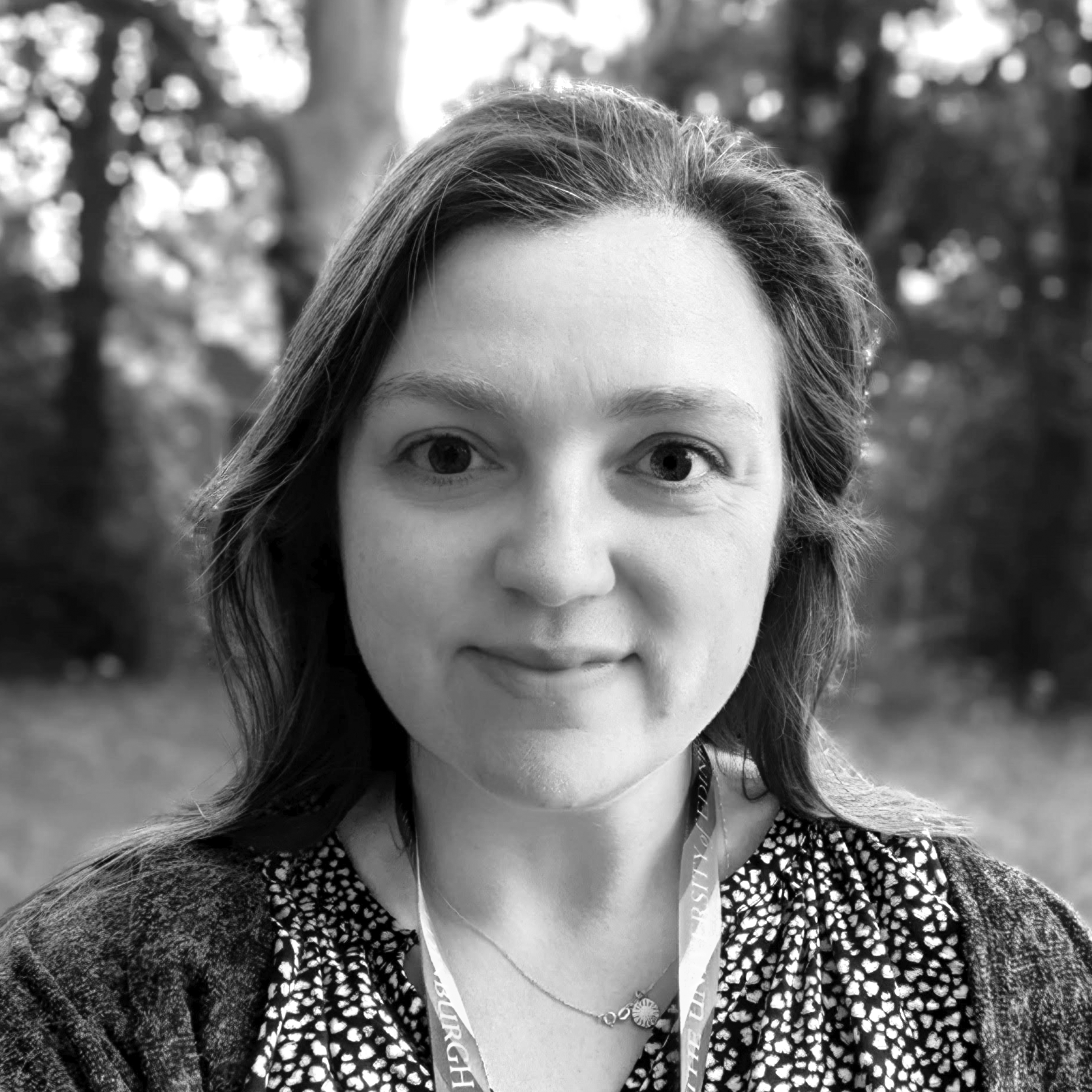
Beth Mills
Co-Investigator
UKRI Future Leaders Fellow in Microbial Keratitis at The University of Edinburgh
More about Beth
Beth’s research aims to develop pathways to diagnose, treat, and reduce the burden of microbial keratitis.
Beth was awarded her PhD in Molecular Microbiology from the University of Nottingham and subsequently joined the EPSRC IRC Proteus project and Translational Healthcare Technologies group at the University of Edinburgh, where she led infection model development and the validation of optical SmartProbes and imaging devices for clinical translation in pulmonology. In 2017 Beth started investigating how such technologies could be adapted for point-of-care diagnosis of infection, considering technological, user and health system requirements in low-resource settings, with a particular focus on microbial keratitis (corneal ulcer). Beth concurrently undertook an MSc in Global Health and Public Policy at the University of Edinburgh to augment these endeavours.
Beth began her UKRI Future Leaders Fellowship in 2022. Her ultimate goal is to develop pathways to diagnose, treat and reduce the burden of microbial keratitis, with a particular focus within India, and working with project partner the Aravind Eye Care System.

Pablo Roldan
Associated Investigator
Royal Society Newton International Fellow
More about Pablo
Pablo’s current research is utilising ultrafast laser microfabrication to develop and translate a multifunctional catheter to exploit experimental medicine in the distal lung.
After studying Telecommunications Engineering at the University of Cantabria (Spain), Pablo then completed his PhD thesis in September 2023 at the Photonics Engineering Group. His PhD was primarily concerned with the ultrafast laser microfabrication of optofluidic devices for sensing and imaging applications, as well as the discovery of a femtosecond laser regime that causes polarisation-independent etching.
Pablo’s current fellowship will develop and translate a multifunctional catheter to exploit experimental medicine in the distal lung. To achieve this, ultrafast lasers are used on superelastic materials to create a catheter with mm-scale dimensions capable of accessing peripheral regions of the lung. Special fibres and various imaging techniques are also employed to ensure accurate guidance of the device.
In his free time, Pablo enjoys various sports, but especially cycling and ultra trail running.
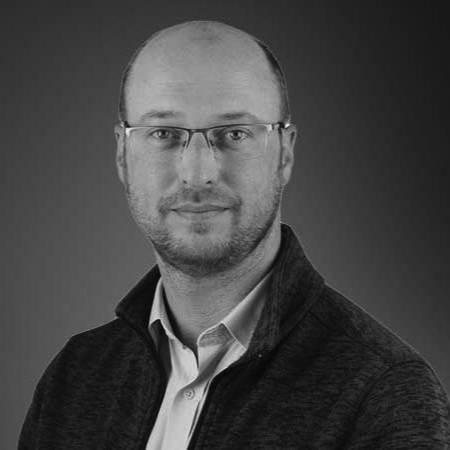
Michael Tanner
Co-Investigator
Associate Professor of Biomedical Photonics at Heriot-Watt University
More about Michael
Michael’s research team works to exploit time resolved single photon technologies and optical fibre sensors for clinical/biomedical photonics and other real world applications.
Michael is an Associate Professor in the Institute of Photonics and Quantum Sciences at Heriot-Watt University, having previously spent time at the Universities of Nottingham, Cambridge, and Glasgow. He has strong links to clinical research at the University of Edinburgh.
Coming from a background in single photon detection, Michael has a desire to apply advanced technologies to healthcare challenges. He has extensive experience in photonic technologies such as enhanced optical fibre endoscopy/sensing and time resolved photon counting imaging/spectroscopy. He has a particular focus on translating technology out of the lab. He is pursuing this with ongoing funding from EPSRC, MRC, and Scottish Enterprise in topics ranging across photodynamic therapy, women’s health, photon transit through tissue, and widefield clinical imaging systems. Michael is currently translating time resolved imaging systems to first in human studies with the Royal Infirmary of Edinburgh, and is advancing this technology commercially.
Outside of work Michael cycles, fixes old motorbikes, rides them when they are working, and enjoys exploring the Scottish hills.
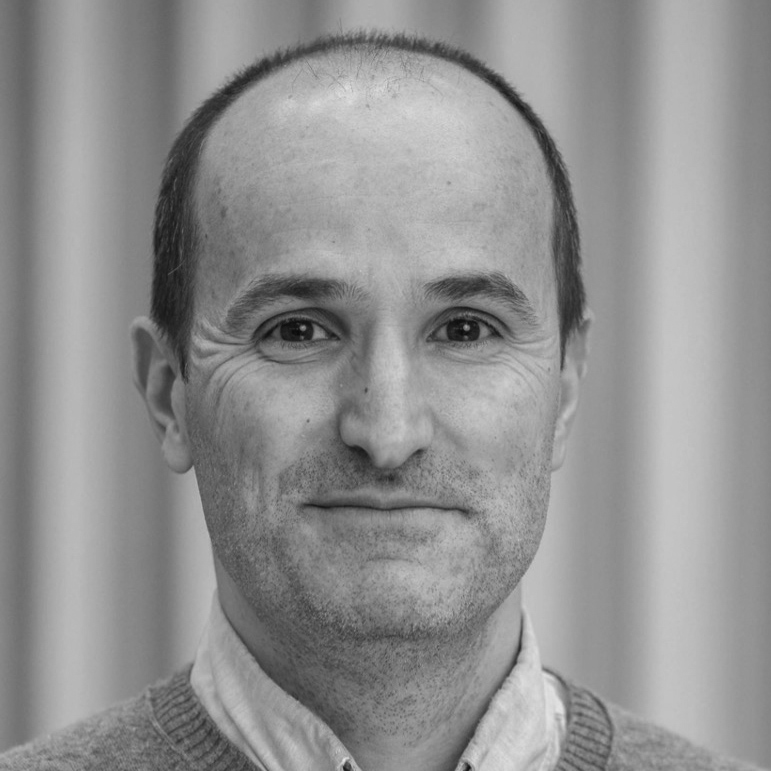
Marc Vendrell
Co-Investigator
Professor of Translational Chemistry and Biomedical Imaging at The University of Edinburgh
More about Marc
Marc’s team studies dynamic activatable fluorophores for real-time imaging of key molecular events in inflammation.
Marc‘s team has pioneered the design of smart chemical fluorophores for high-resolution optical imaging in live cells, tissues and humans (>150 papers), and built an ambitious research programme linking physical and biomedical sciences through competitive funding (over £10M as PI (>£40M as co-I), including prestigious European ERC Consolidator and EIC Transition grants). Marc is co-inventor of 12 patents, PI for 9 licensed technologies and several collaborative projects with industry and Pharma, and has contributed to founding two spin-out companies on therapeutics and diagnostics. Marc has a strong record of mentoring and training the next generation of translational scientists, with several alumni holding independent positions in academia and industry. He has won numerous awards and distinctions, with some of the latest being the Bader Prize by The Royal Society of Chemistry in 2023 and elected Fellow of the Royal Society of Edinburgh in 2024, the Scottish national academy. Marc currently heads the The University of Edinburgh Institute for Regeneration and Repair Chemistry Hub at the College of Medicine as one of the first global hubs for collaborative non-siloed chemical research to catalyse innovation in medical sciences and accelerate translational outputs.
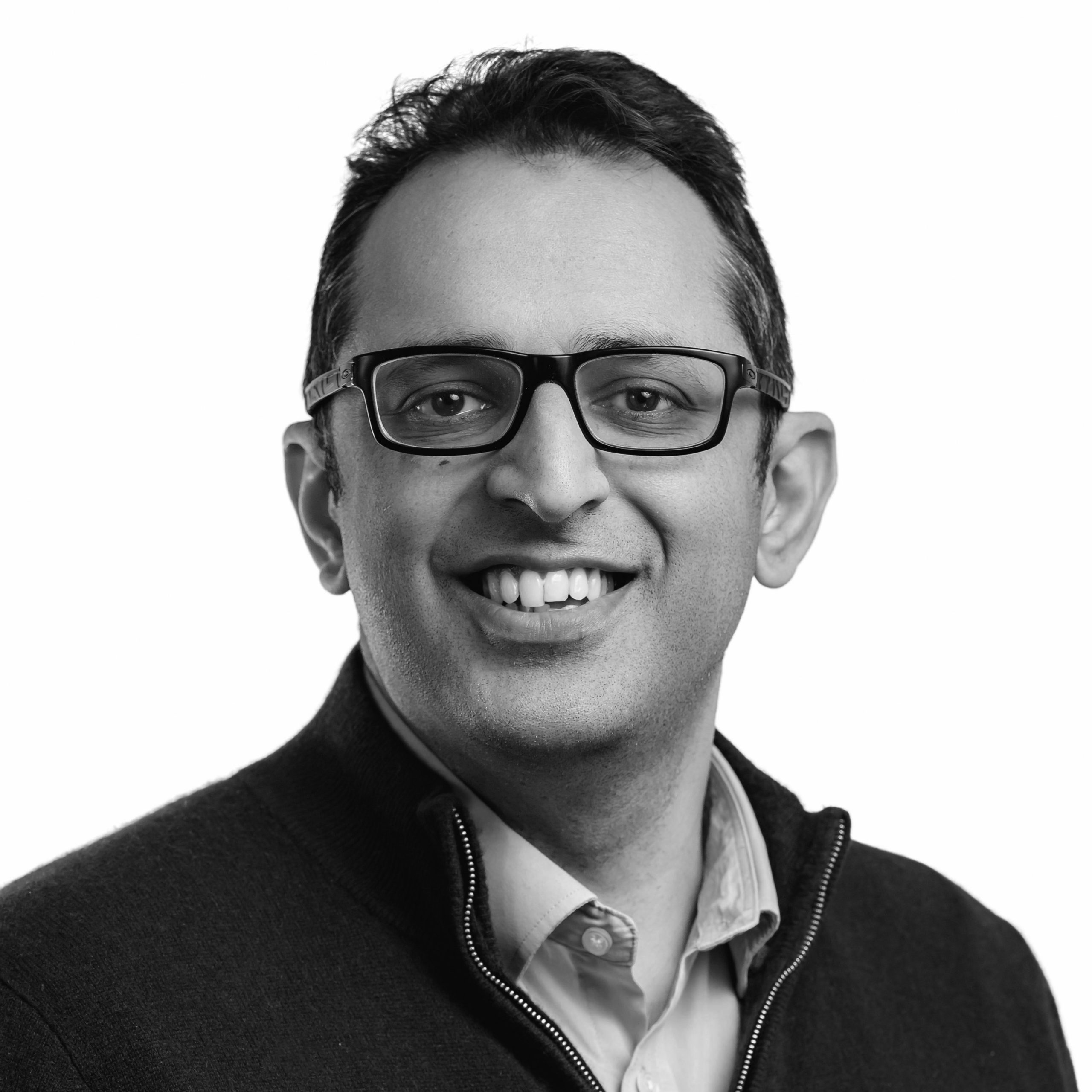
Kev Dhaliwal
Clinical Theme Lead
Professor of Molecular Imaging and Healthcare Technology at the University of Edinburgh and a Consultant Physician in Respiratory Medicine
More about Kev
Kev has a passion for developing new technologies for healthcare impact and driving commercialisation.
As Co-Director of the Baillie Gifford Pandemic Science Hub, Kev leads the development of therapies and technologies for infections and inflammation. He has been the Chief Investigator on multiple first-in-human trials and collaborates across disciplines, including engineering, chemistry, physics, and informatics. He is a board Director of Codebase, the UK’s largest tech incubator and delivers the TechScaler programme for creating, developing, and scaling tech startups.
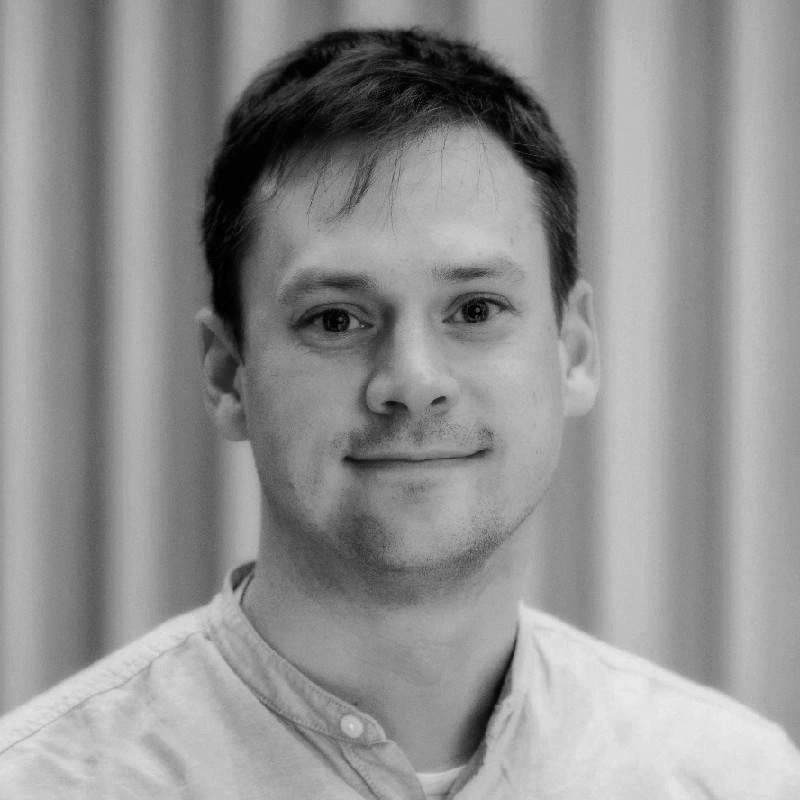
Charles Lochenie
Associated Investigator
Translational Chemistry Manager at The University of Edinburgh
More about Charles
Charles leads chemistry-related activities going from development to translation, and collaborations in the Baillie Gifford Pandemic Science Hub.
Charles obtained his PhD in the Department of Inorganic Chemistry at the University of Bayreuth (DE) under the supervision of Professor Birgit Weber. During this time, he worked on the design and preparation of novel molecular magnetic switches with an optical read-out, for applications in the domains of sensors and memory devices. After obtaining the PhD, he received a Research Fellowship from the Deutsche Forschungsgemeinschaft to join the Institut de Science et d’Ingénierie Supramoléculaires in Strasbourg (FR) where he developed platinum(II) luminescent probes to monitor amyloid aggregation.
In June 2020, Charles joined the THT Group’s Translational Chemistry Team as GMP Chemist. His role included the development of synthetic pathway, formulation and GMP manufacture of the fluorescent probes to be used in clinical trials. Charles started as the Translational Chemistry Manager for the Baillie Gifford Pandemic Science Hub in 2023, and leads chemistry-related activities going from development to translation, and working with collaborators in drug development and synthesis.
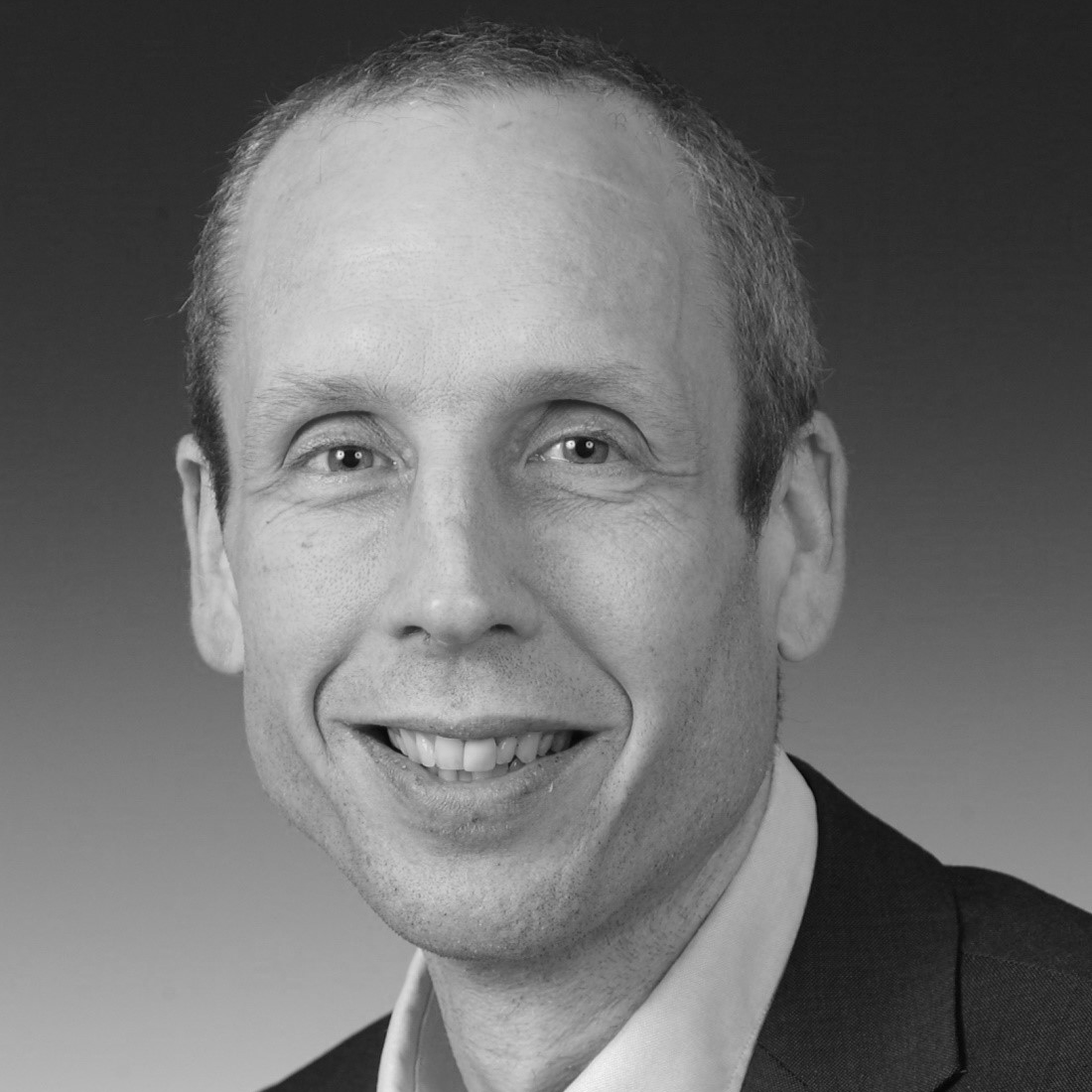
Andrew Mount
Electrochemistry Theme Lead
Professor of Physical Electrochemistry and Dean of Research & Strategic Partnerships, College of Science & Engineering at the University of Edinburgh
More about Andrew
Andy’s research interests are in the development, characterisation and application of novel electrode and spectroscopic sensing and analysis systems, particularly for applications in healthcare and energy.
Andy Mount has been the leading Chemist in >£50M of multidisciplinary collaborations in the fundamentals and applications of electrochemistry, novel micro/nano sensing systems and healthcare technologies. As Chair of Physical Electrochemistry in the School of Chemistry, his personal research and development interests also include modified electrodes, molten salts and systems with applications in clean energy. He is President of the Royal Society of Chemistry Faraday Community and Fellow of the Royal Society of Chemistry (RSC), Chair of the Space Scotland Board, and a member of the Rosalind Franklin Institute Board and the Earth Space Sustainability Initiative (ESSI) executive committee. He was previously a member of the Scottish Science Advisory Council, which provides policy advice to the Scottish Government and Chair of the League of European Research Universities (LERU) Deans of Natural Science Policy Group.
As Dean, Andy leads strategic research, impact, and innovation development across the seven Schools and College Centres, including strategic partnerships and signature Institute activities, governance and management both nationally and globally.
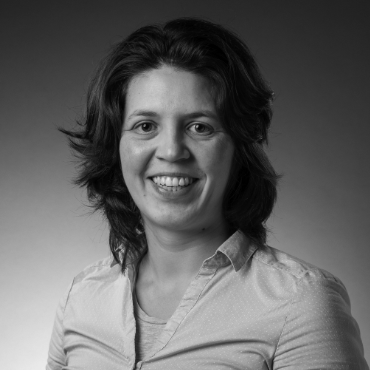
Kristina Rusimova
Co-Investigator
Assistant Professor of Physics at The University of Bath
More about Kristina
Kristina’s research focuses on designing and fabricating optical fibres for quantum and medical applications
Kristina is a Lecturer (Assistant Professor) in the Department of Physics at the University of Bath and a Research Group Leader of the NanoBioPhotonics Group within the Centre for Photonics. She obtained her PhD in atomic manipulation with the scanning tunnelling microscope (STM) from the University of Bath in 2016. Following a short postdoctoral position in photonics, she joined Bath as an independent Prize Fellow in 2018 and as a tenured Lecturer in 2021. In 2022 she was part of the team awarded the Royal Society of Chemistry’s Faraday Division Horizon Prize for the discovery of chiroptical harmonic scattering.
Her main research interests are in designing and fabricating optical fibres for quantum and medical applications, and in looking for new understanding of the nanoscale physical processes that underpin light emission and single molecule reactions induced by the tip of an STM.
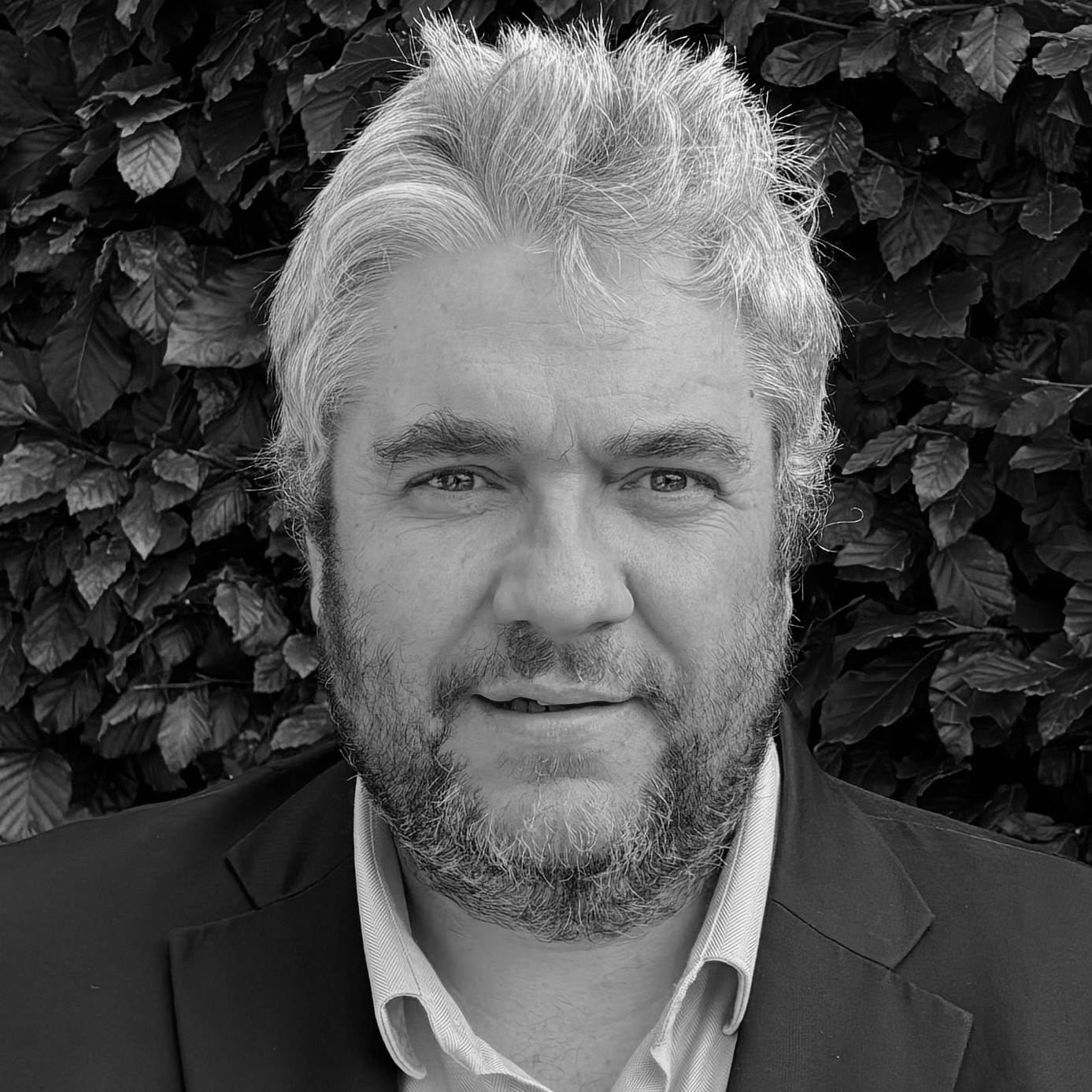
Robert R. Thomson
Photonics Theme Lead
Professor of Photonics at Heriot Watt University
More about Robert
Robert is interested in the applications of light in areas such as clinical photonics, laser manufacturing and advanced optical instrumentation.
Specific current interests include the development of fibre-optic technologies for the minimally invasive imaging of tissues with unprecedented resolution, light-based therapies for treating infection and resecting tissues with extreme precision, and photonic approaches to interrogating tissues in a label free manner with the aim of guiding clinical decisions.
He is the academic co-lead for the Global Research Institute in Health and care Technologies at Heriot Watt and the Principal Investigator of the £6M “U-Care” Programme Grant, which was funded as part of the EPSRC “Transformative Healthcare Technologies for 2050 call”.
Robert collaborates closely with industry, and co-founded Optoscribe Ltd which was acquired by Intel in 2022.
In 2024, Robert was elected a Fellow of the Royal Academy of Engineering for his pioneering work on ultrafast-laser-based techniques to fabricate 3D waveguide devices.
Outside of work, Robert enjoys walking, reading, and spending time with the family and friends.
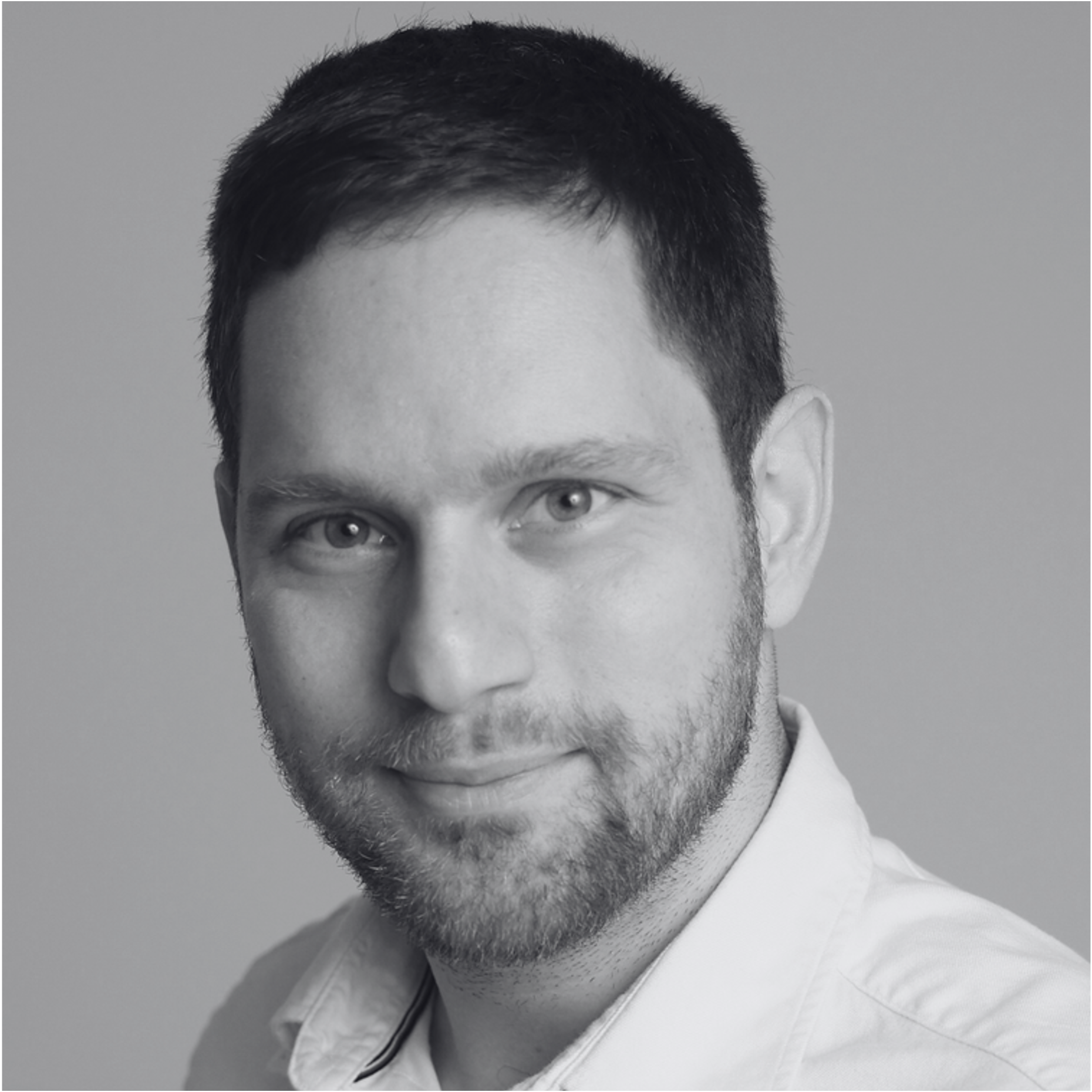
Stephanos Yerolatsitis
Associated Investigator
Assistant Professor in the Department of Physics at The University of Bath
